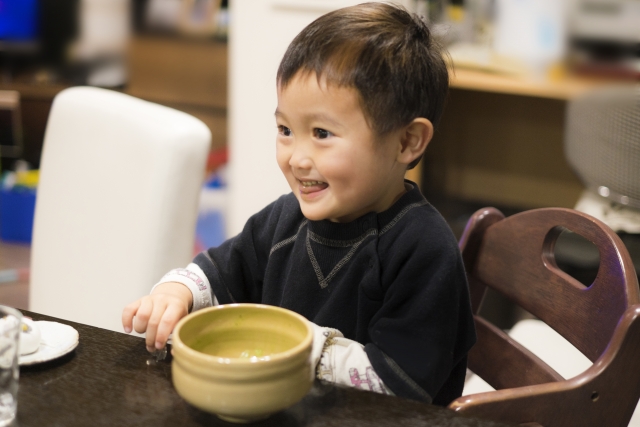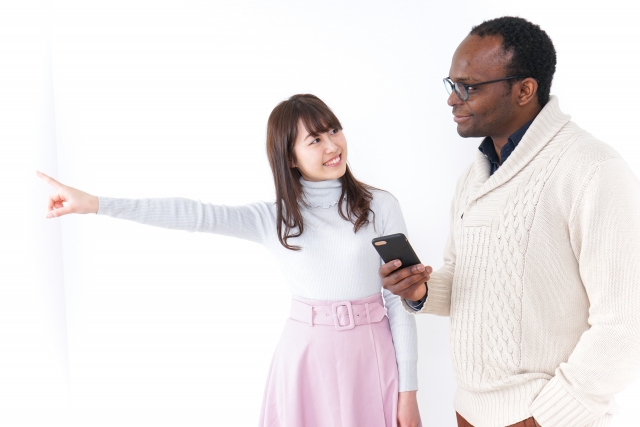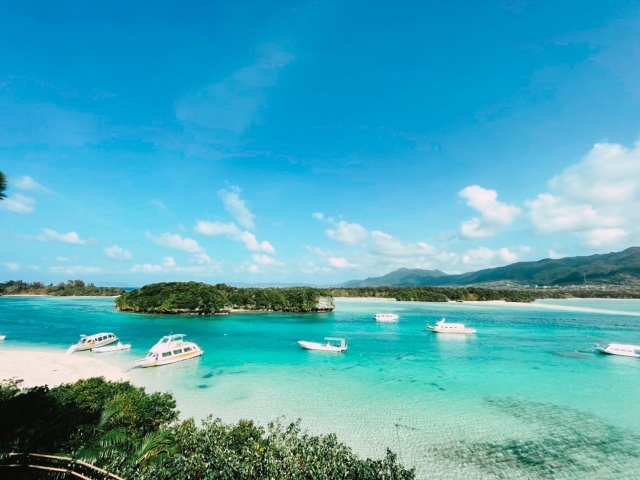Many foreigners are surprised to learn about child-rearing in Japan. Different languages and cultures have their own differences in child-rearing.
In this issue, we will introduce some of the differences in Japanese child-rearing that surprised foreigners. If you are interested in Japan or may be raising children in Japan, please refer to this article.
Click here to master Japanese with one-on-one Japanese tutoring lessons in person or online.
Contents
Differences in child-rearing between foreign countries and Japan
When it comes to how to treat children, many people may think, “It will not be so different in any country. However, if the way of thinking about children is different, the way of treating children will also change.
How to raise a baby
First, there is the question of whether the baby is to be fed breast milk or powdered milk. In many foreign countries, there seems to be little resistance to raising a baby on powdered milk.
In Japan, on the other hand, hospitals and family members often recommend that it is better to breastfeed, and breastfeeding is common. It is true that breastfeeding has advantages such as good nutritional balance for the baby’s development and postnatal diet.
However, there are cases where mothers become neurotic due to insufficient breast milk production. Based on this, milk may be more common in other countries.
In any case, what is important is whether mothers can interact with their babies honestly and with a smile.
Diet and Education
What is taught as a matter of course in Japan may come as a surprise overseas.
For example, training in eating habits. Some people say that they start training their children to eat by themselves earlier than in their home countries, such as when to start weaning them off baby food.
In some foreign countries, as in Bangladesh, parents are still feeding their children at the age of six. There are many stories that surprise me with the juice of our mutual cultural differences.
Another thing that surprises foreigners is that parents teach manners such as greeting, thanking, and bowing. One of the images that foreigners have of Japanese people is that they are polite.
In the Japanese educational system, the first three years of elementary school focus more on developing individuality and social skills, such as basic lifestyle and manners, than on improving knowledge and learning ability. This difference in educational system policy seems to surprise people from overseas.
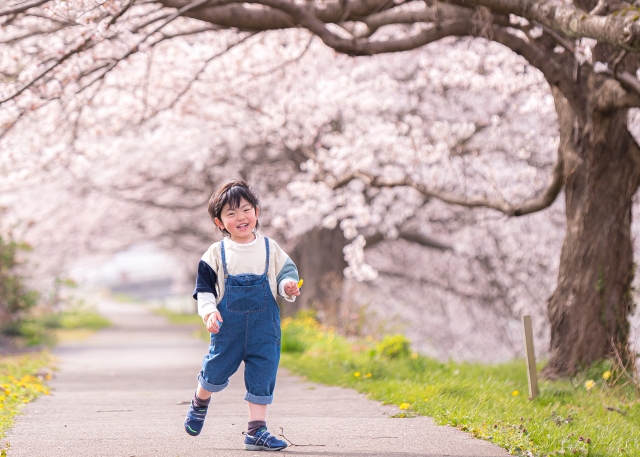
Parent-child skinship
Overseas, skinship with children is very important; lots of “I love you” and “I am proud of you” compliments in public and hugs and kisses on a daily basis are commonplace.
For this reason, it is said that children in other countries tend to have a higher sense of self-esteem than children in Japan.
It is probably because they are satisfied with themselves as they are that they are proactive, positive in their thinking, and have a challenging spirit without fear of failure.
However, in Japan, there is not as much skinship between parents and children as there is overseas. It is not that they are not interested in their children, but it is probably a difference in lifestyle. Although they may walk hand in hand in public, there is no custom of hugging or kissing.
I would like to learn from other countries about parent-child skinship.
How to accept small children’s opinions
In other countries, the opinions of small children seem to be respected as an individual in order to let them think and make their own decisions, but this is not the case in Japan.
Because they grow up being recognized by their parents as an individual, most children have a strong sense of independence and do not leave their parents until they reach the age of 18. Therefore, there are many families where parents make all decisions for their children.
Differences in Child Rearing Support Systems
Child-rearing support by a country is said to affect the level of satisfaction with child-rearing. Therefore, we would like to introduce some of the differences between overseas and Japanese child-rearing support systems.
Childcare Leave System
In Norway, which has a strong childcare policy, the childcare leave system guarantees 80% to 100% of wages. Most fathers and mothers take advantage of this system to fully enjoy their time with their children, as they can expect a stable income.
Of course, Japan also has a childcare leave system. It can be taken for one year until the child turns one year old, and if you are covered by social insurance, you will receive childcare leave benefits.
The amount is 67% for the first six months and 50% thereafter, based on one month’s wages. The basic monthly wage and the childcare benefit are capped, but this maternity leave period can be extended as follows
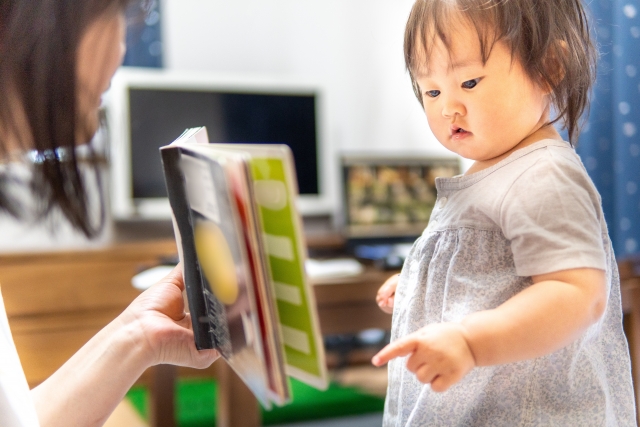
Tuition Support System
For example, in France, tuition for public kindergartens, schools, and universities is free, while in Japan, even public universities charge substantial tuition fees. There is also a scholarship system, but some say that it is less supportive than in France.
Scholarship systems also differ between Japan and other countries. Scholarships in Japan are usually loans, much like credit card loans or housing loans.
In other words, it is considered the same as a debt that must be repaid. In recent years, the number of scholarships that offer benefits has been increasing, but they are still few and far between.
Therefore, we would like to introduce you to scholarships in the United States. It is said that tuition fees at American universities are higher than in Japan, and the pressure on family finances is seen as a problem. However, there are a wide variety of scholarships available, and about 70% of American college students use scholarships.
In English, scholarships are called “scholarships” and are offered by the federal government, various state governments, organizations, and corporations in the United States.
There are many types of scholarships available, and options range from scholarships based on grades and sports success to scholarships based on family environment and financial status. Some are even available to international students studying abroad.
The critical difference from Japan is that there is generally no obligation to repay the loan. Therefore, many people are surprised to find that they are obliged to repay their loans.
Conclusion
Among foreign countries, childcare policies, especially in Europe and the United States, are more comprehensive than those in Japan. From Japan’s perspective, it is enviable that there is an environment in which both working couples can have and make good use of systems that lessen the burden of child-rearing. However, Japan has its own advantages.
For example, there is the medical aspect. Japan is said to be the safest country in the world to have a baby. It is safer than any other country, and you can walk outside freely. Another advantage is that you can receive a certain level of education at public elementary and junior high schools free of charge.
Many people are considering giving birth and raising children in Japan, and we encourage you to think about it as well.
Related article:

